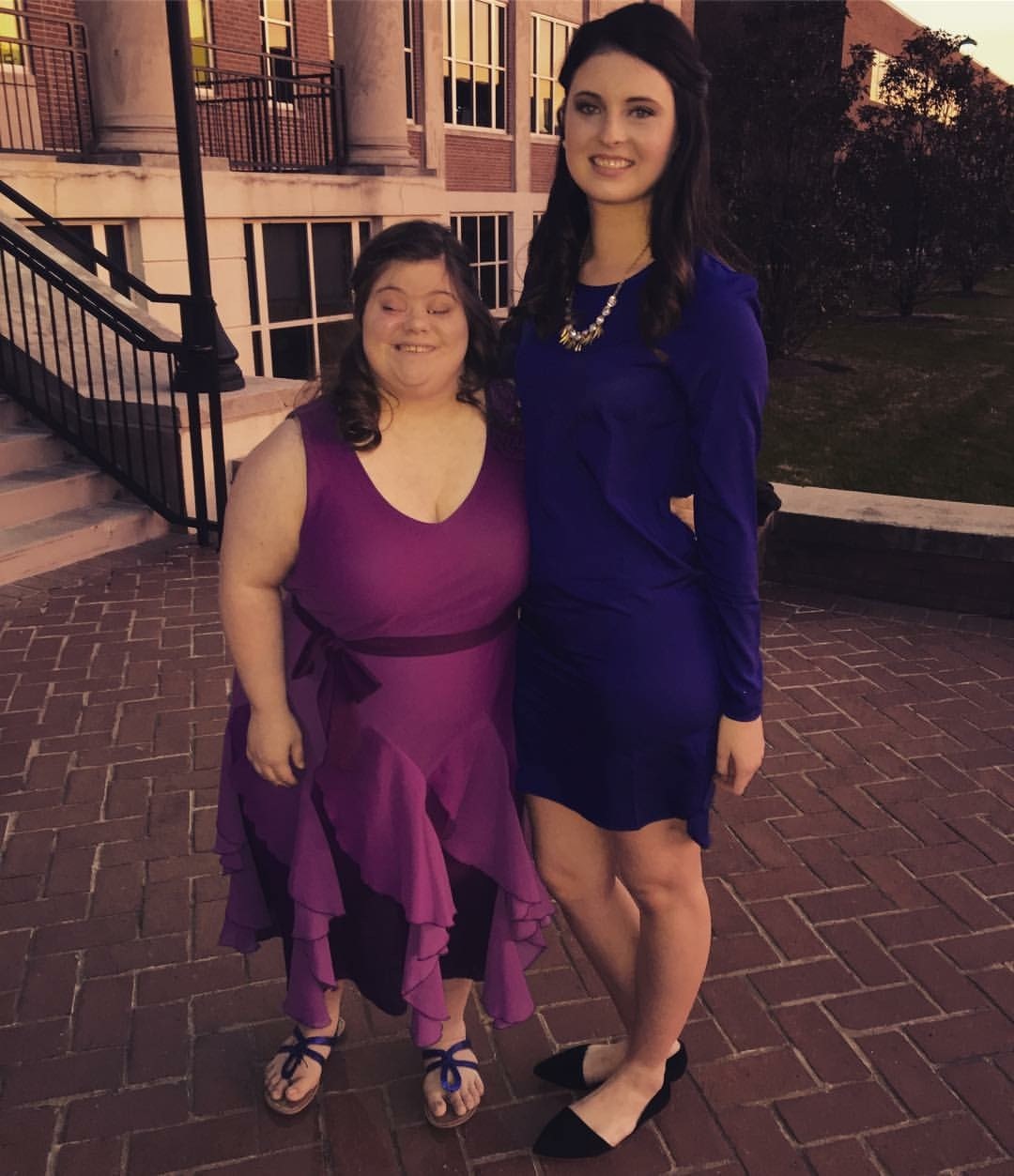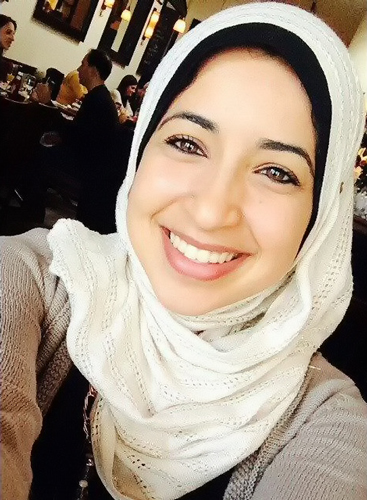news


Missy and Gracie

We are posting two stories that express the writers’ experiences as parents. This writer works with the consumer directed program in Minnesota. Our organization is fortunate that Missy brings the perspective of a parent with a child with a disability to her professional work with our program. We are grateful to both writers for their generosity in sharing their stories. This month,
My daughter Gracie, now almost seven, was born with no complications. When she was four months old, I brought her into the hospital with a bad cough. There are not a lot of pediatric specialists in St. Cloud, but there happened to be a pulmonary specialist at the hospital that day. They heard something in her lungs and wanted to do an x-ray. She was an infant, so they wrapped a tube around her and I had to hold her up with her hands over her head, which was traumatic for both of us. She had cysts on her left lung; not dangerous now, but we were told it could lead to tuberculosis. When she was eight months old, we went to Children’s Hospital in Minneapolis for surgery. I couldn’t have made it through that without the wonderful nurse on that unit. My daughter did very well, and we returned to St. Cloud, thinking we were out of the woods.
My husband and I had never had a honeymoon, so we decided to take a vacation. Our parents took care of our daughters Bailey and Gracie, but reported that Gracie “wasn’t herself.” She was out-of-sorts and wanted to sleep a lot. She had recurring ear infections, but lots of children have those. When we returned, my brother-in-law was watching me with my daughter, and he said she wasn’t responsive to him, even when he tried to engage her attention. Sometimes she would just go limp. My sister-in-law, a Meridian Services employee who works with many families who have children with seizure disorders, thought that my daughter was having seizures.
My mother worked at the St. Cloud hospital, and talked to someone who said that we needed to get an EEG. When we went in for that, she started seizing on the table. The technicians clearly saw what was happening. My sister-in-law came to the hospital with me. I had documented every instance where we thought something was wrong, including times that she had fallen asleep for hours only to wake up and be out of sorts. We realized that those were her body’s responses to seizures. They wear her out.
We were startled that they wanted us to take an ambulance down to the Twin Cities right away. We ended up driving back to Minneapolis Children’s Hospital for an MRI. They gave our daughter anti-seizure medications so she would sleep through the night. The next day, the doctor came into the room and told us, “The good news is that she doesn’t have a brain tumor.” I was stunned, because that hadn’t even occurred to me! Apparently the EEG at the St. Cloud hospital revealed irregular activity in just one part of her brain, and that was indicative of a tumor. The Children’s diagnosis was petit mal seizures, which we could control with medications – at least for awhile. They explained that her exhaustion was part of the brain’s way of “rebooting” after a seizure.
It was awhile before we figured out what actually was going on, and after that, we moved ahead as best we could with the information that changed our lives. After the diagnosis, we found that a first cousin was prone to grand mal seizures, suggesting a hereditary tie. After Gracie started medications it was almost two full years before she had a seizure again. When she has them, they come in clusters, and it is an indication that the medications need to be changed. The medications have side effects, though, including behavioral issues, and we occasionally try to wean her off of them. She is less stubborn and angry when we decrease them, and we are now hoping that she might grow out of her need for them. We’re going to try keeping the dosage the same as she grows.
While I don’t work directly with families who deal with disability issues, the issues that we’ve had with Gracie gives me a deeper understanding of the challenges they face. I am well aware of how lucky we were in locating the doctors we needed, and having supportive friends and family that could help us navigate the health care system. We would have been lost without them.


















